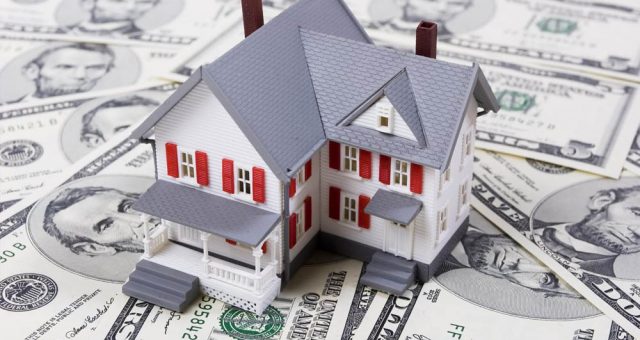
Should You Ask For Seller Concessions On Your Home Purchase?
If you are buying a home for the first time, there are a lot of things that you need to consider. You not only have to cover your down payment but also need to set aside enough money in your budget for closing costs and other fees. Homebuyers usually spend between 2% to 5% of the home’s value in closing costs which can work out to thousands of dollars.
However, if you are short on your closing costs you can ask for seller concessions which will take off some of your burden. Though these concessions are common and acceptable in many loan programs, it is not always the right choice. So, before making the move you should have a clear understanding of what seller concessions are and weigh the advantages and disadvantages of taking this route.
UNDERSTANDING SELLER CONCESSIONS
Seller concessions are also known as seller contributions, seller assist, or seller credits. These are the costs associated with real estate closing or mortgage that the seller agrees to pay on behalf of the buyer. Seller concessions do not always cover all the costs associated with buying a home but may cover some portion of the fees which include:
- Loan origination fee
- Attorney Fees,
- Points
- Title Insurance
- Inspection costs
- Appraisal
- Repair costs.
There are limits as to how much percentage of the closing costs a seller can contribute. These limits depend on factors like the type of loan which you have applied for and the amount you are putting down. It also depends on whether you are buying a primary home, a second home, or an investment property.
Before taking the plunge you should weigh the advantages and disadvantages of taking this route.
ADVANTAGES
- Lowers out-of-pocket costs: Seller concessions help you to pay less towards fees and other closing costs, especially if you do not have much savings. This will also allow you to purchase a home that you might not otherwise be able to afford.
- Can use the extra cash for other expenses: The money you save from seller concessions can be used for a down payment, repairs, HOA fees, and other costs associated with the home-buying process.
- You can make a higher offer: As closing costs will be more manageable you will be able to make a higher offer on the home.
DISADVANTAGES
Seller concessions sound attractive, right? However, before you take the leap there are some disadvantages that you need to consider to make the right decision.
- It Typically Means a Higher Sales Price: It may seem like sellers are doing you a great favor by helping you out with the closing costs. But, in many cases, this leads to a higher sales price. If you take a closer look at the process you will see that the agent adjusts the purchase price agreement for the amount you want to be covered. For example, if you ask for a seller concession of $10,000 on a $200,000 purchase, the sales contract will be upped to $210,000, thus the seller makes the same amount of money whether he pays for the closing costs or not. When you apply for a mortgage with this higher amount you will end up paying a higher monthly payment and more interest. Only in rare cases will the seller cover the closing costs
- Can Lose Out In A Multiple Offer Scenario: Asking for seller concessions can be a costly mistake if you are in a bidding war. For example, if there are two similar offers for the home, then it is extremely unlikely that the buyer who asks for seller concessions will win. The truth is asking for seller concessions depends on the market you are in. If you are in a buyer’s market then you will have an advantage as it will not hurt your chances, but in a seller’s market, it can be a downright deal-breaker.
-
The Home Appraisal Can Be An Issue: If seller concessions mean a higher sales price, then the house should appraise for this amount otherwise you could find yourself up against appraisal issues. When you purchase a home with a mortgage the lender will order an appraisal to assess the value of the property. If the home appraises for the higher sales price then there will be no issues as the lender will fund the purchase.
However, if the house does not hit the higher price then it will put you back to square one which means you either walk away from the sale or pay the difference in cash. But, if you do not have sufficient funds to cover the costs it will mean losing the home altogether.
- Will Need To Pay A Bigger Down Payment: Down payment is calculated as a percentage of your total mortgage balance. For example, if you ask for seller concessions on an FHA loan that needs at least a 3.5% down payment the amount on a $300,000 mortgage will be $10,500. But, if the amount goes up to $305,000 then your down payment will be $10,675. Though this amount may not seem significant at the outset, but it could work out to thousands of dollars when coupled with the extra interest you pay over the life of the loan,
The Bottom Line
Seller concessions are no doubt a necessity for the real estate industry and are a key part of becoming a homeowner if you do not have sufficient funds. However, if you have the funds then asking for seller concessions depends on the local market trends.
The best way to determine whether a seller concession is right for you is to consult an experienced real estate agent who knows the local housing market.


